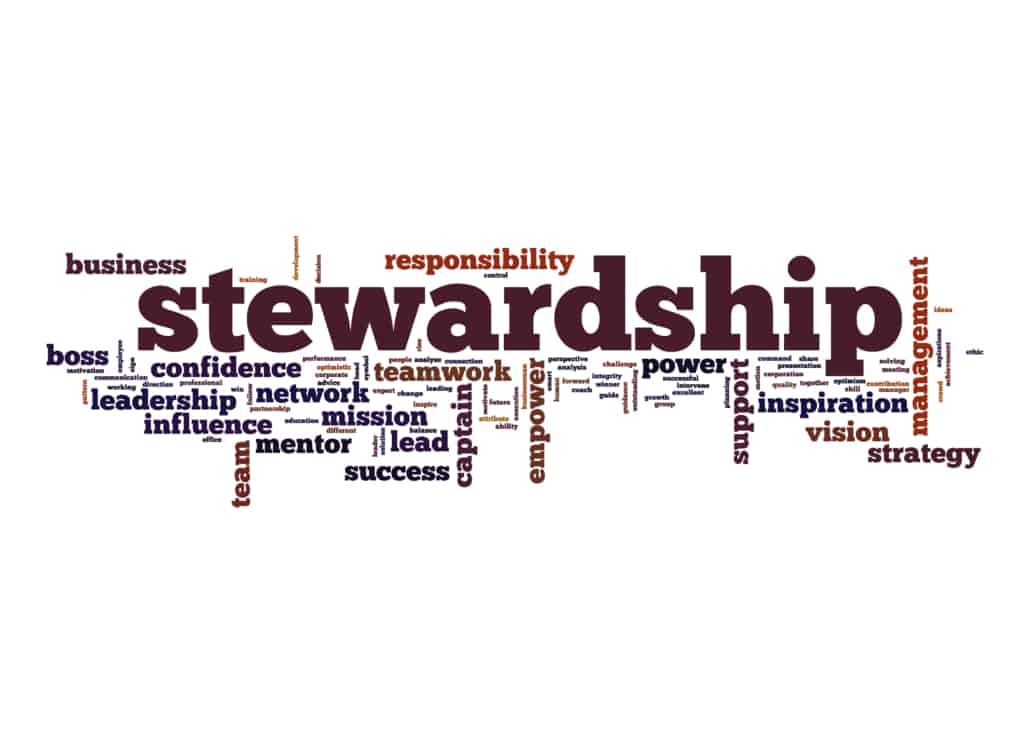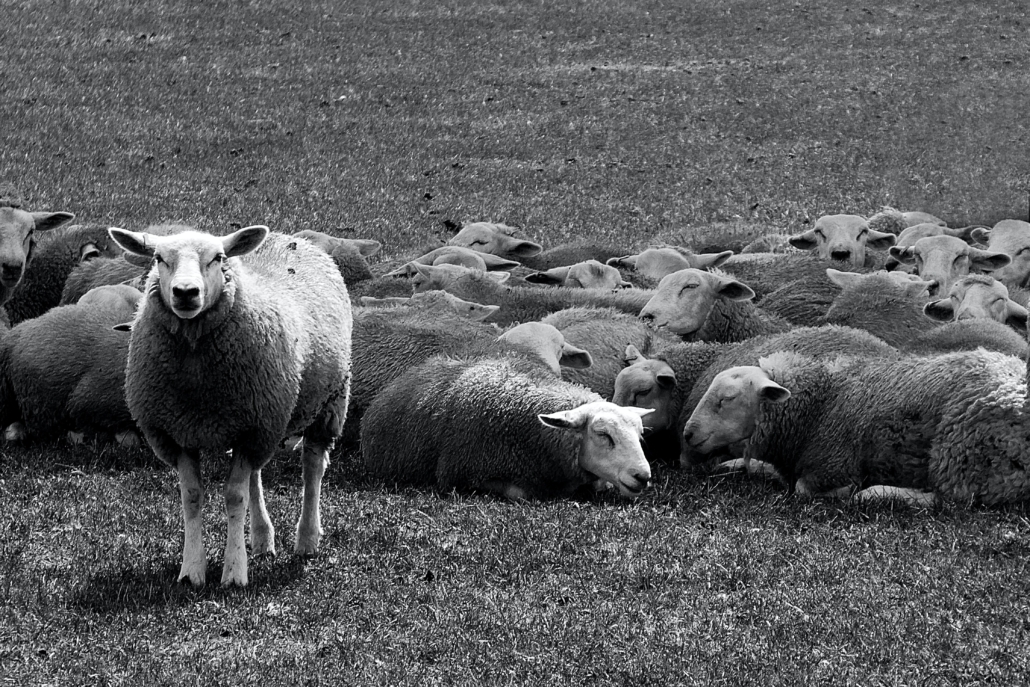More Options to Consider Nowadays
When it comes to preserving family wealth over generations, one of the biggest bogeymen out there is entitlement, and for decades now that’s what’s been keeping families up at night, and keeping many of their advisors busy trying to prevent.
Most of what I write about here concerns the challenges families face when trying to transition their hard-earned wealth from one generation to the next, and I almost always tie in parts about how the industry that serves these families is continuing to evolve.
This week we’re going to look at the concept of stewardship, which has often been hailed as the antidote to entitlement.
As this ecosystem matures, we’re coming to terms with the fact that while having rising generation family members adopt a posture as stewards is preferable to them being entitled, it may not be the “be all and end all” that some have held it out to be.
Better Than the Opposite, But Too Passive
I covered this briefly in The Many ‘Ships of Working with Family, where I added stewardship to leadership and partnership, among others.
Here’s some important background I’m recycling for context:
Definitions of stewardship include words like “supervising” and “taking care of” something, and often include adjectives like “responsible” and “careful”.
Clearly someone who wants to “take care” of wealth in a responsible fashion is preferable to someone who feels entitled to squander it.
It may not, however, be an enduring solution, depending on how much wealth there is, how quickly it can be expected to grow, and how large a crowd of family members it’s expected to serve long term.
Entrepreneurs in Each Generation
Some prominent members of the field of family enterprise have long held that it’s important for each generation of a family to renew itself with a new crop of entrepreneurs to keep things going and growing, as the family continues to expand.
In many ways, setting up the expectation that those who follow the wealth creator are simply supposed to maintain the wealth doesn’t always dovetail nicely with the idea of taking the initiative necessary to recreate something new.
I’m reminded of Jay Hughes’ view that those who follow the wealth creator risk getting sucked into that person’s “black hole”, which can exert a strong pull, from which it can be difficult to break away.
The Wealth 3.0 Version – Pushback?
During a recent Purposeful Planning Institute webinar on the subject of Wealth 3.0, we spent some time discussing how stewardship fits into that topic.
A participant asked the panelists about how the concept of stewardship might look a bit different from a Wealth 3.0 lens, which provoked a certain amount of unexpected (yet welcome) discussion.
Interesting points were raised about whether stewardship becomes a good outcome for a family, versus the idea of someone becoming a steward as more of a “job description”.
There was also talk about how while stewardship had been put on a pedestal until recently, there’s been more pushback lately, as families are looking at their wealth transitions more holistically and less as a “top down” venture, i.e. “thou shalt steward my wealth”.
I’m realizing that the concluding sentence of one of my blogs from less than a year ago, Finding the Liquidity Sweet Spot for Your Family may already be out of date.
That post ended with “I recommend they also become involved in co-creating their future as stewards of the family wealth.” which in the context of that piece remains valid, but I might phrase it differently today.
The “Three Orientations” Viewpoint
The views on this question continue to evolve, of course, and a recent whitepaper from Merrill Private Wealth Management underscores an advanced way of looking at this question. See Inheritance Style Whitepaper
That piece notes that there are three different orientations that wealth inheritors can and do adopt, based on Merrill’s research.
In addition to traditional Inheritors (who may be entitled) and Stewards, they introduce the concept of Sojourners to the mix as well.
It may take some time for these ideas to crystalize in the family wealth transition ecosystem, but it’s clear to me that change and evolution to this question is afoot.
While stewardship can be an important part of the wealth continuity plans of many families, for a certain period of time (which might be measured in decades or even generations), it will rarely be a question of “set it and forget it” either.
















